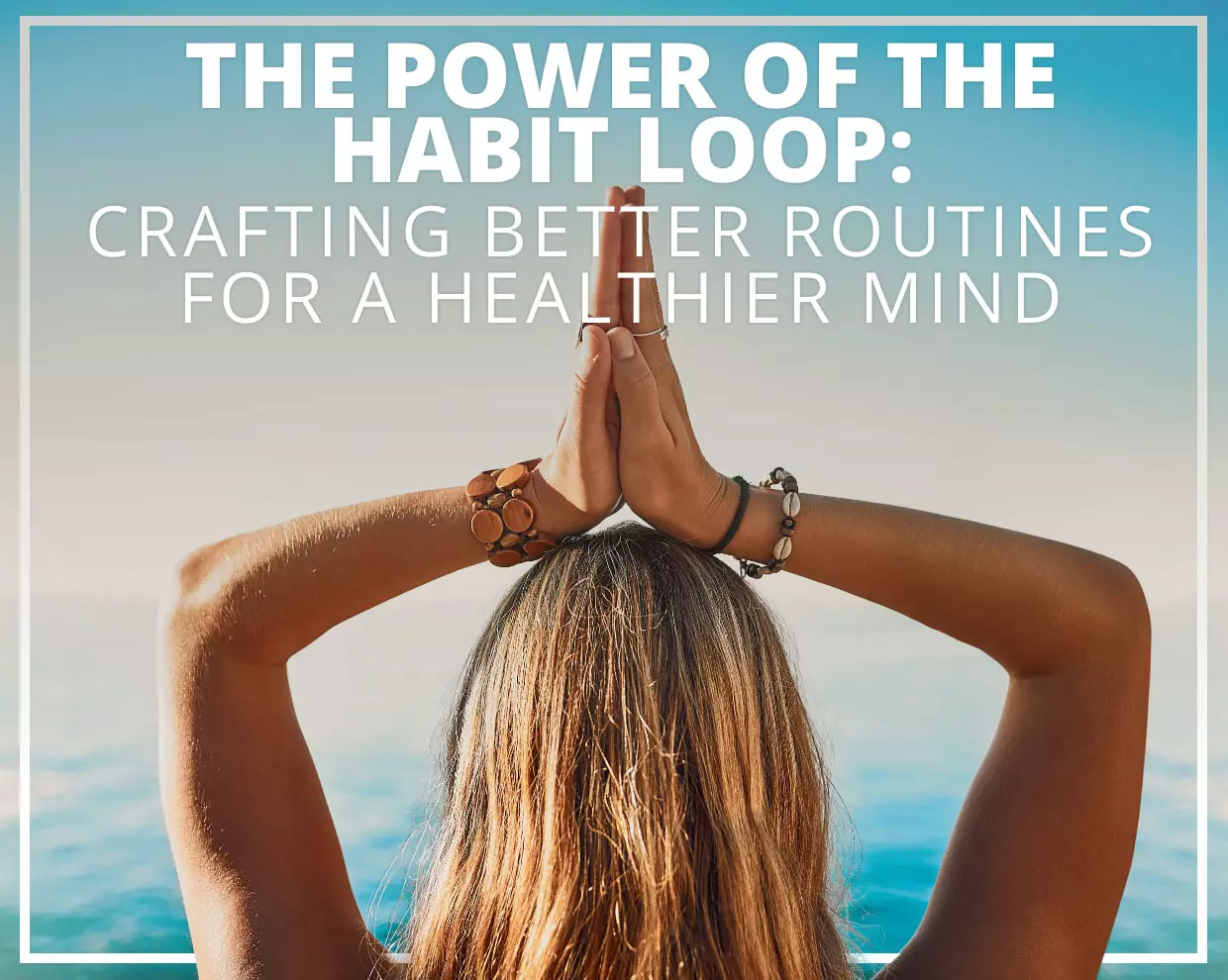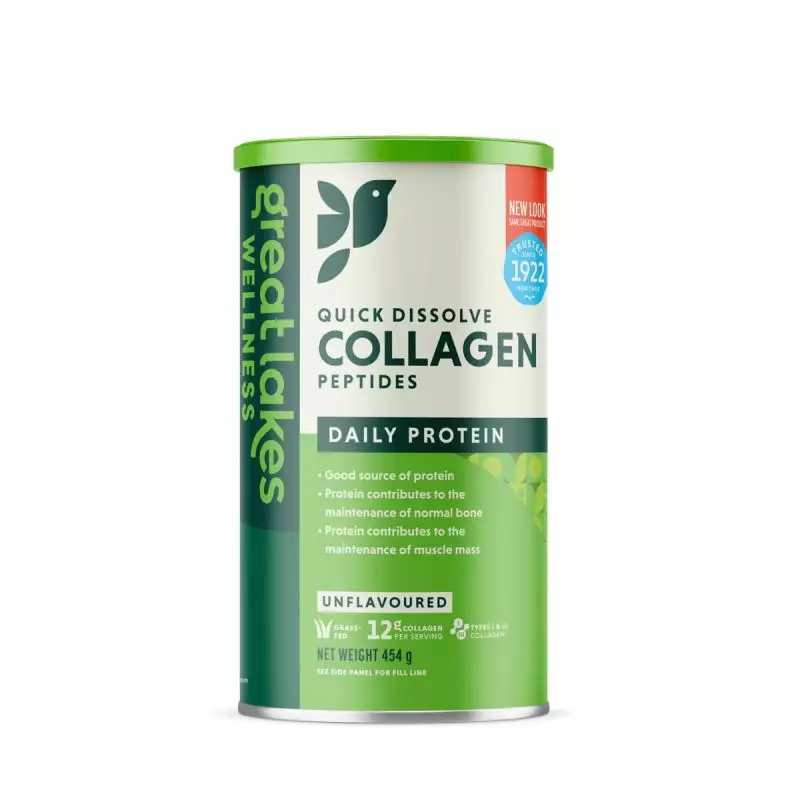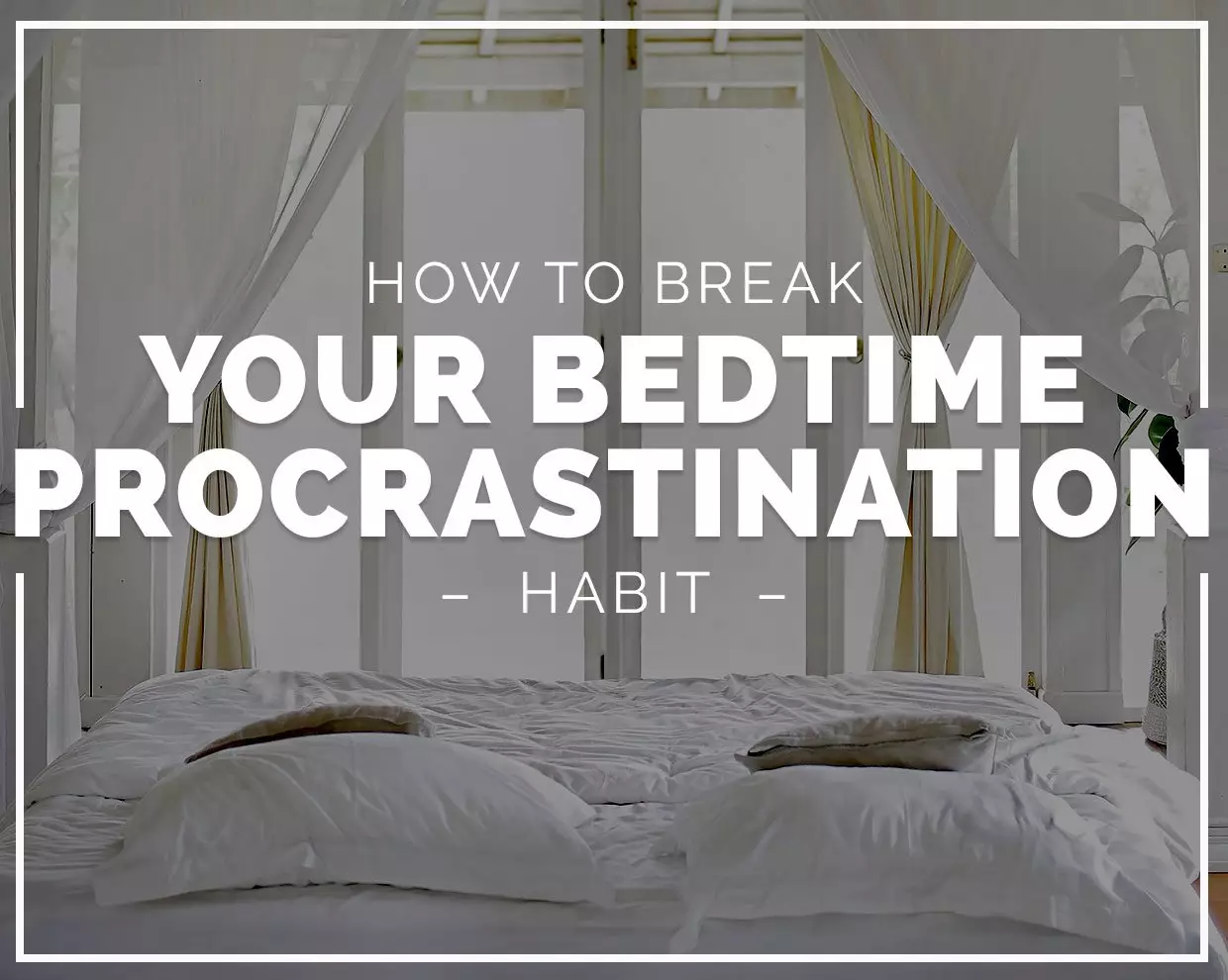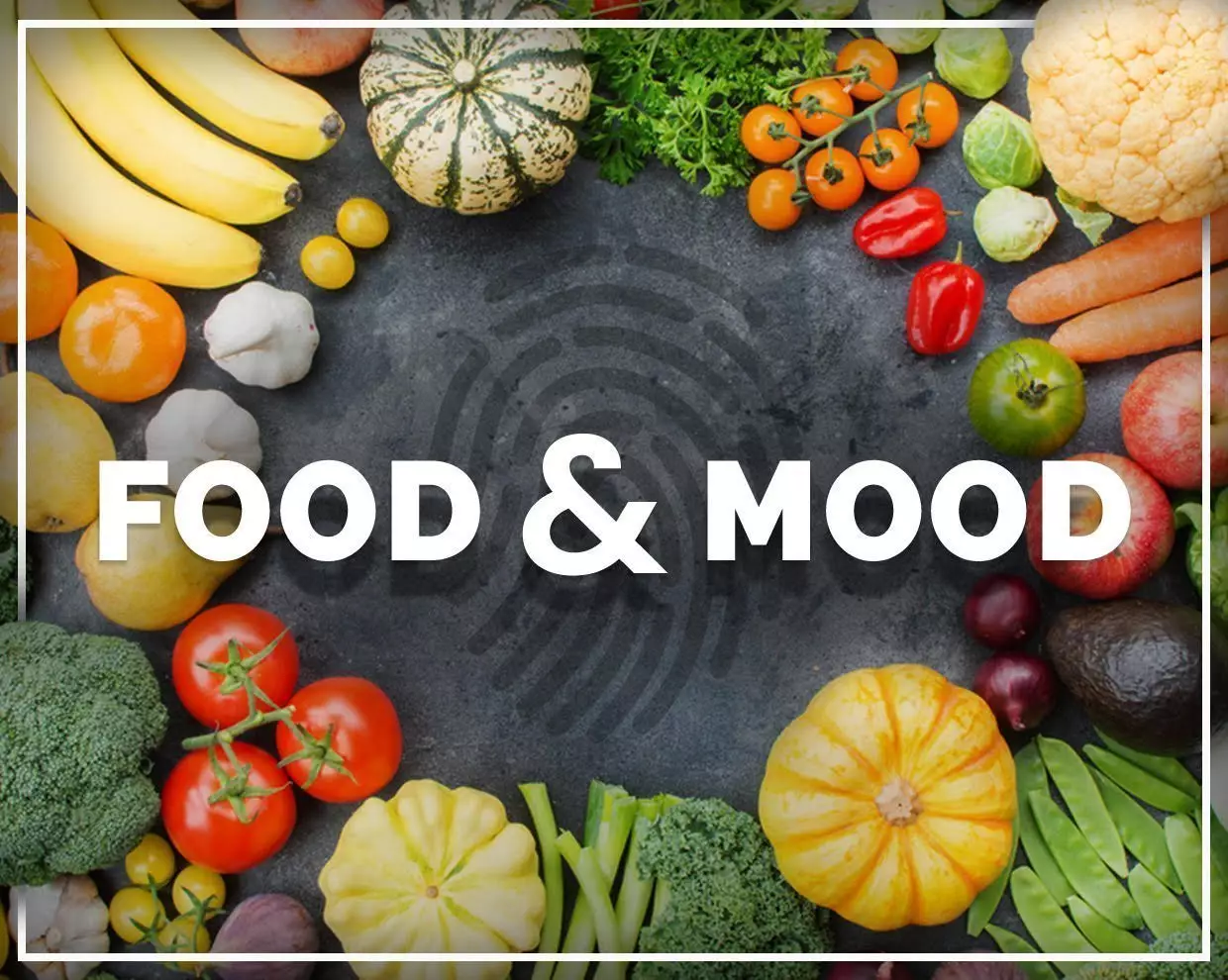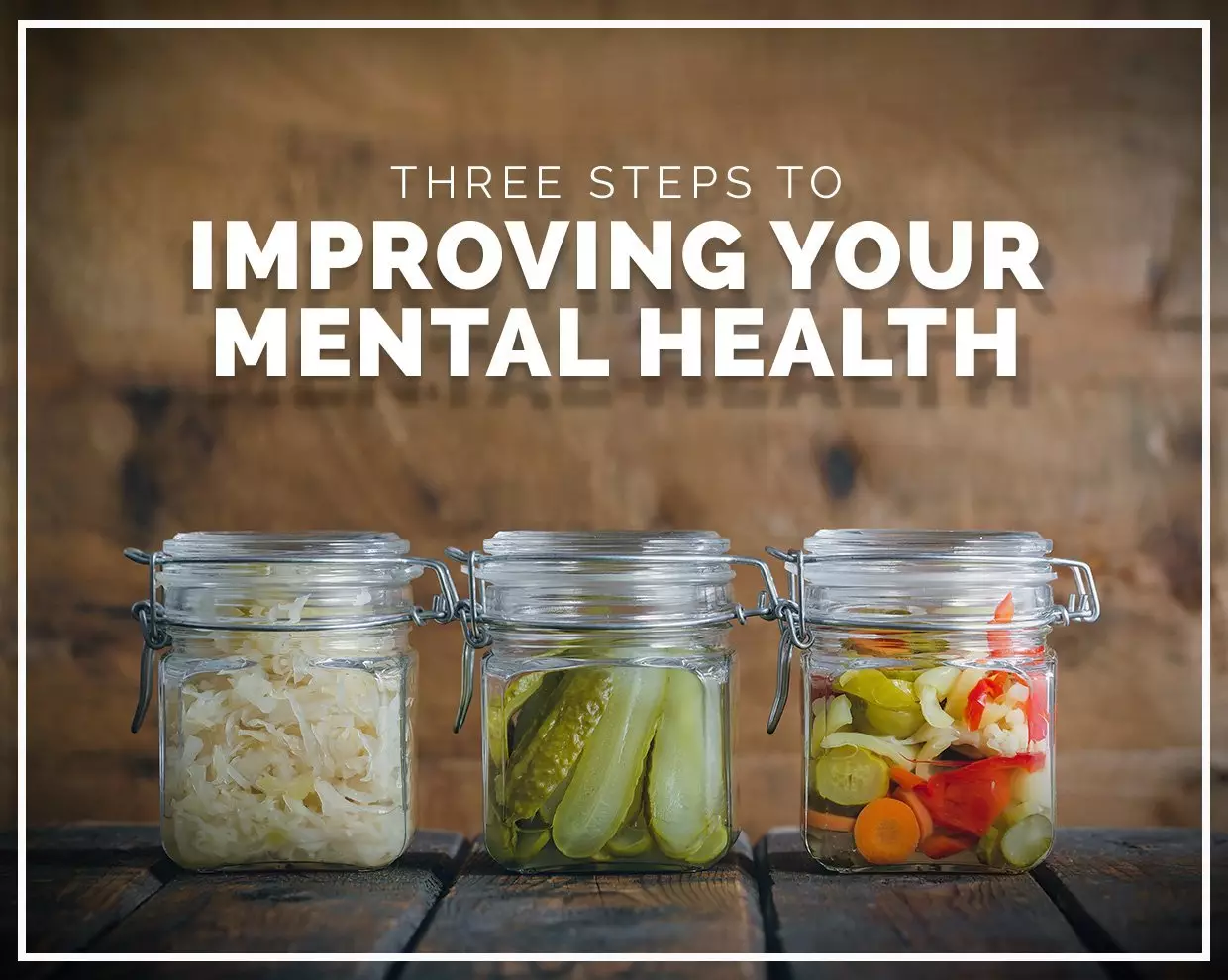In today's fast-paced world, our daily routines often become a series of tasks we perform almost automatically. But have you ever wondered about the underlying mechanisms that drive these routines? The 'Habit Loop' offers a compelling insight into this phenomenon, revealing the science behind our habits and how they shape our lives [1]. In this article, we'll explore the intricacies of the Habit Loop, its broader implications, and how certain products may complement our journey towards a healthier mind.
The Anatomy of a Habit
Every habit, whether it's brushing our teeth in the morning or reaching for a snack when we're bored, follows a similar pattern known as the Habit Loop:
• Cue: A trigger that initiates the habit. It could be an external event, like a notification on your phone, or an internal feeling, such as hunger or stress.
• Routine: The action or behaviour you perform in response to the cue.
• Reward: A positive reinforcement that tells your brain, "This feels good. Let's do it again."
This loop, when repeated, can become so ingrained that our responses become automatic. [1]
The Broader Implications of Habits
Habits are powerful. They can shape our identities, influence our decisions, and dictate our daily routines. For instance, a person who exercises regularly might not just be doing it for health; it becomes a part of their identity - they see themselves as someone who values fitness. [2] However, not all habits serve us well. Some can be detrimental to our well-being, both physically and mentally. Recognising and understanding these habits is the first step towards changing them. [3]
Harnessing the Habit Loop for Personal Growth
Understanding the Habit Loop is empowering. It means we have the tools to reshape our habits, and by extension, our lives:
• Mindful Observation: Before changing a habit, observe it. Understand its cue, routine, and reward. For instance, if you find yourself reaching for sugary snacks when you're stressed, the stress is the cue, eating is the routine, and the temporary relief is the reward. [4]
• Substitution: Once you've identified a habit you'd like to change, think about how you can substitute it. Using the previous example, instead of reaching for a snack when stressed, perhaps you could take a short walk or practice deep breathing exercises.
• Reinforcement: Positive reinforcement can be a powerful motivator. Products like Bulletproof Brain Octane might be considered by some as a way to kickstart their day, and may help to support healthy, sustained energy. Similarly, incorporating products like Great Lakes Wellness - Collagen Hydrolysate into one's routine might be seen as a step towards self-care.
The Role of Community and Environment
Our environment and the people around us play a crucial role in habit formation. Surrounding ourselves with positive influences and creating an environment conducive to good habits can make the journey easier. [5] For instance, having a dedicated space at home for relaxation or meditation, perhaps with calming products from the Sleep & Relaxation category, might encourage regular mindfulness practices.
Conclusion
The Habit Loop provides a window into the fascinating world of habits, shedding light on why we do what we do and how we can harness this knowledge for personal growth. By understanding our habits, being mindful of our actions, and making informed choices, we can craft better routines that pave the way for a healthier, more fulfilled life.
References
1 The Power of Habit: Why We Do What We Do in Life and Business
2 Sports activities during any pandemic lockdown
3 The Psychology of Material Well-Being
4 COVID-19 lockdown: impact on psychological well-being and relationship to habit and routine modifications
5 The Personal Health Habits and Wellness Practices of US Surgeons

 AU Store
AU Store  UK Store
UK Store NZ Store
NZ Store EU Store
EU Store

